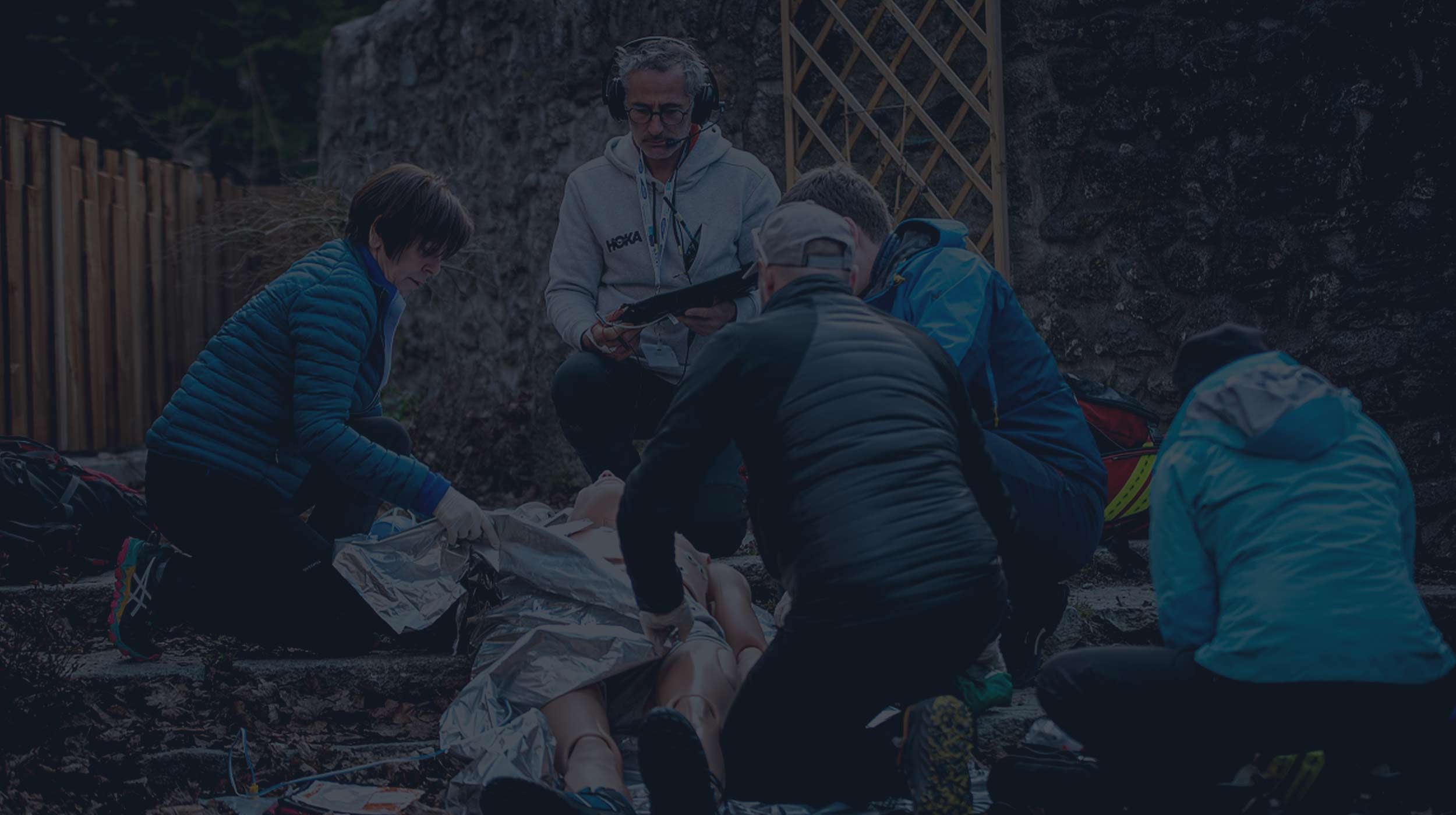 EN
EN

+900 healthcare professionals trained/year,
in Lyon and throughout France.




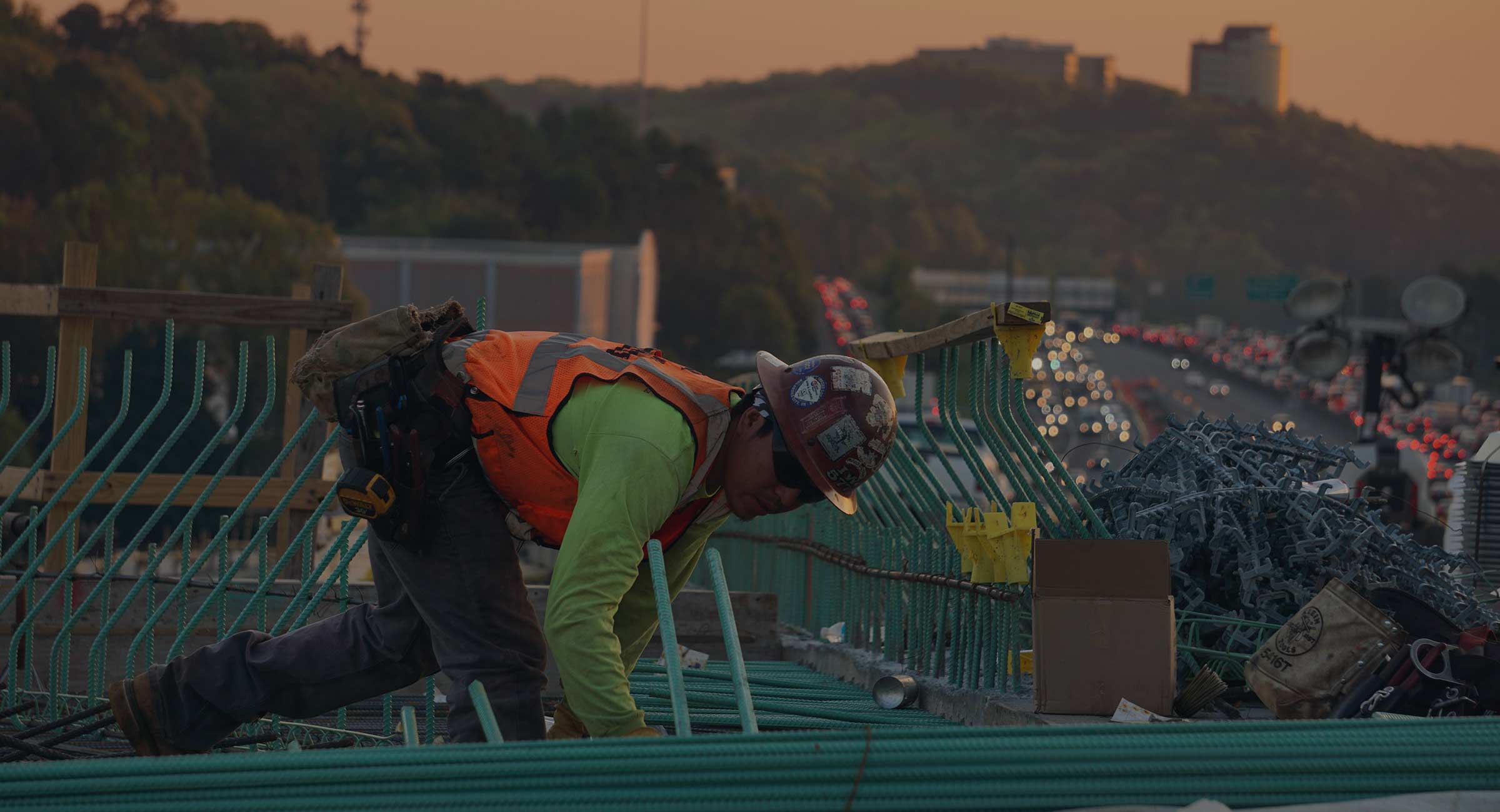
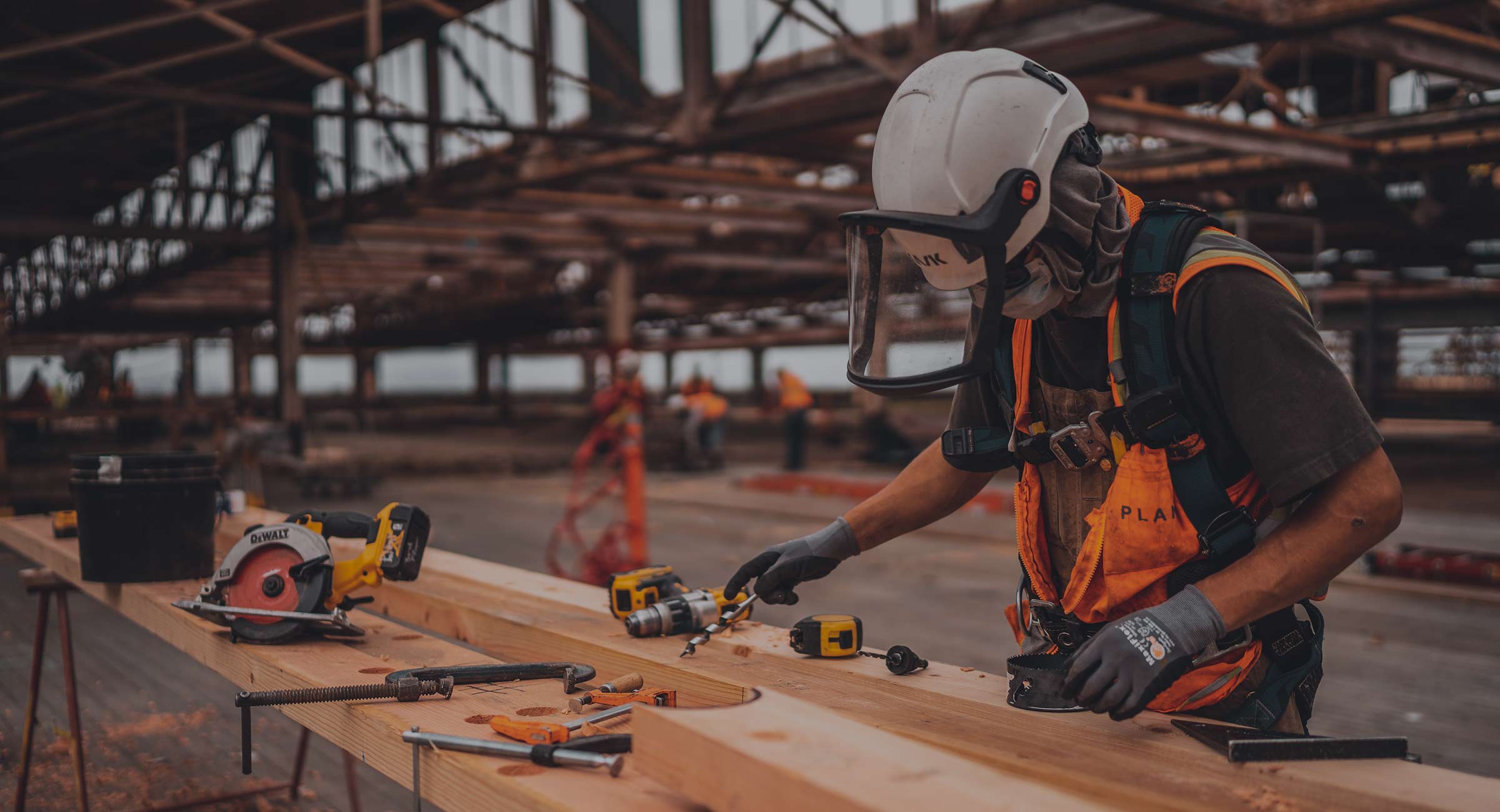

As a reminder, there are 2 types of work accidents:
• Service accidents that occur during the time and place of work, during an activity as an extension of duties or during teleworking hours.
• Travel accidents that occur between the workplace and the place of residence or the place of catering.
Open to everyone, regardless of their position, age and seniority in the company, SST training allows you to provide the right actions in the event of an accident at work.

At the end of the 14 hours of SST training, trainees are able to:
• Have the right reflexes,
• Alert the emergency services,
• Act according to the clinical condition of the victim,
• Perform emergency procedures effectively.
The program of this first aid training is structured around two main areas of expertise: being able to intervene in the event of a work accident and being able to alert the emergency services by following a specific procedure.
The occupational first aid training (SST) allows you to master the actions that save lives, whether in the office, on a construction site, during your lunch break, or even at home.
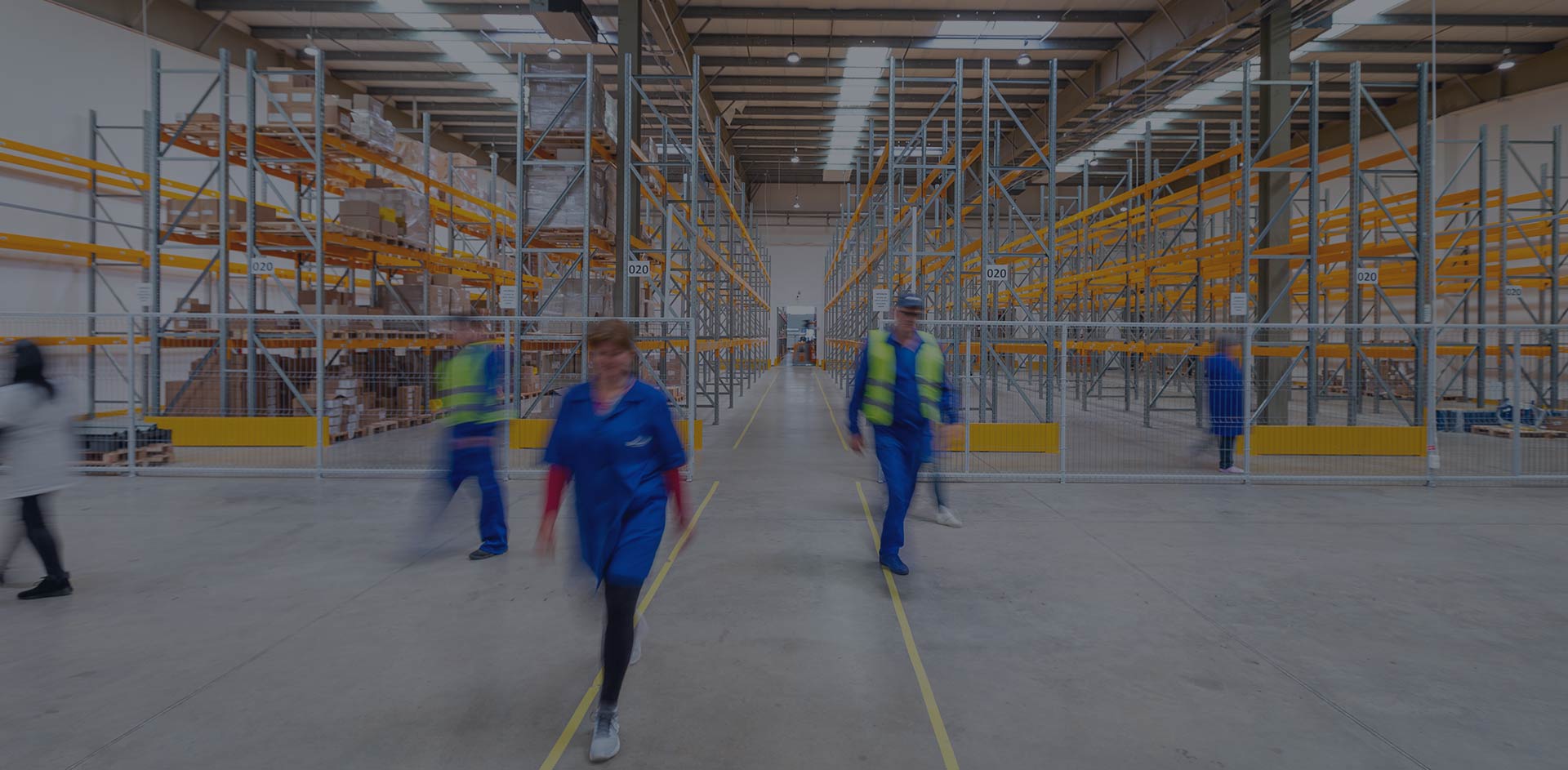
SST training is mandatory on construction sites or workshops with at least 20 people where risky work is carried out. The program is structured around two areas of expertise.
Be able to intervene in the event of a work accident in order to protect the victim(s) without exposing oneself. Specifically, the trainee must be able to identify the dangers (real or supposed) depending on the situation, identify the people exposed to these dangers and imagine (in the form of simple scenarios) the circumstances that caused the accident.
Secondly, he or she must be able to alert the emergency services by following a specific procedure. Concise alert message, compliance with instructions, simplification of the arrival of help to the victim...
Participating in SST training is also a way to deal with danger and to provide assistance to a colleague, a relative or a stranger in an emergency situation, learning for example: to perform direct manual compression in the event of profuse bleeding, to put an individual in PLS (lateral safety position), to use a defibrillator when the victim is not breathing, to treat burns, etc.
A workplace accident can happen at any time and in any company, without warning. This is why it is important to know the first aid reflexes, especially since a certain amount of time may pass before help arrives.
Fracture, wound, discomfort, cardiac arrest, hemorrhage… First aid SST training must be regularly updated. In order to ensure better assimilation of knowledge and to update the right actions, it is necessary to follow a MAC SST training (Maintenance and Updating of Skills or Refresher) during the 24 months after obtaining the SST certificate.
Lengthening 7 hours, this SST Refresher training regulated by the INRS is mainly based on practical exercises.
In order to ensure the safety of all, the public and the staff of the establishment, occupational health and safety training is recommended for people working in a social center or a medical-social establishment. Why? Because the risks are higher and it allows you to be reactive when an accident occurs in order to limit its worsening. Discomfort of an elderly person in an EHPAD, power cut in the workshop of a home for people with disabilities, cardiac arrest of a supervisor…


Concerned by the AFGSU 1 (certificate of training in emergency procedures and care), non-health professionals in the social or medico-social sector are able, after 14 hours of training, to implement various actions in order to care for an injured person:
• Vital emergencies (Airway obstruction, hemorrhage, lateral safety position, cardiopulmonary resuscitation, etc.),
• Emergencies potential (malaise, trauma, burns, hygiene, etc.),
• Collective risks and exceptional health situations (population alerts and exceptional situations, white or blue plan, etc.).
We also provide specialized training:
• Management of vital emergencies for the elderly without medical presence.
• Emergency management in MAS and FAM.
The AFGSU 2 training is aimed at Childcare Assistants. Why? Because even if daycare centers and structures that welcome children are standardized and perfectly secure, the risk of accidents remains very real (fall on the head, choking, breath-holding spells, etc.).
Social Care Assistant (AVS), Educational and Social Assistant (AES) and Nursing Assistant (AS) are also concerned by AFGSU 2, because they are required to experience emergency situations during their professional career. Whether with the elderly or people with disabilities, they must be able to provide assistance. Particularly useful for professionals in home help and personal services, AFGSU 2 training allows you to adopt the right actions in the event of illness or accident.
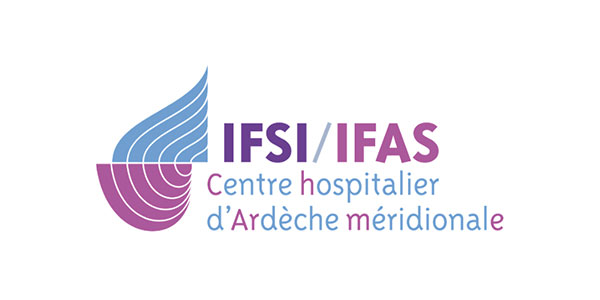
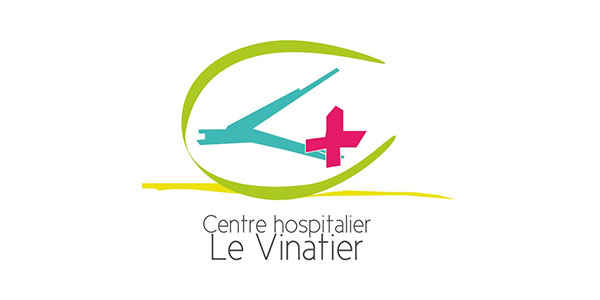
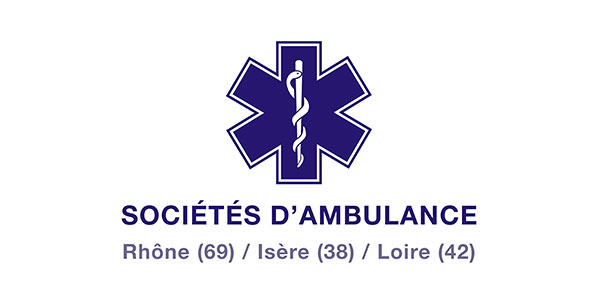

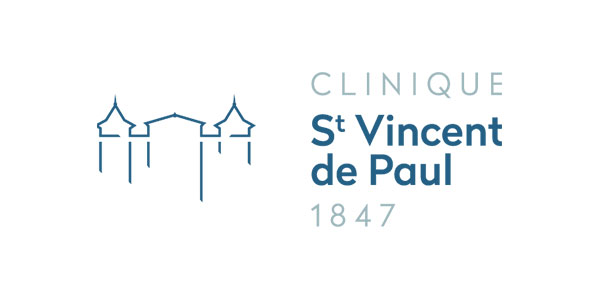
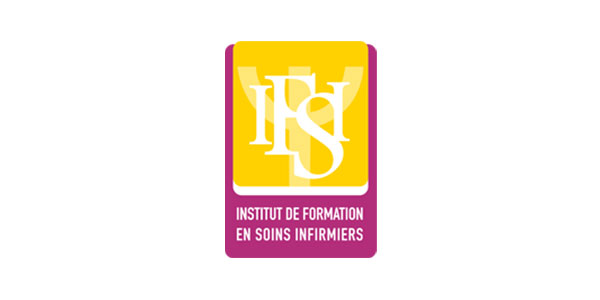
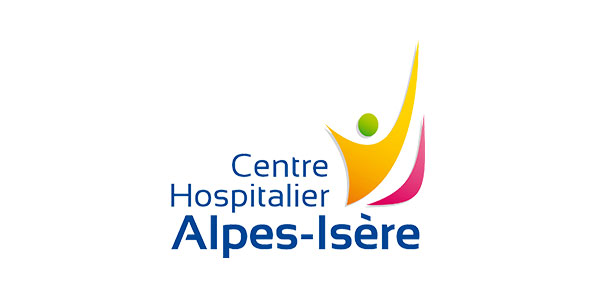
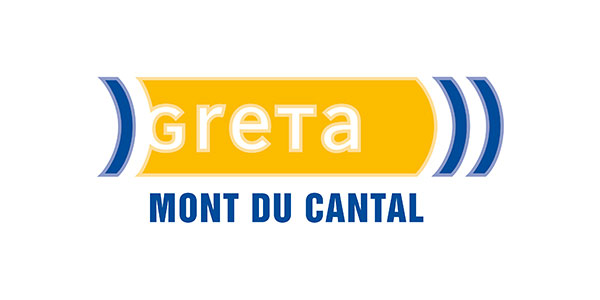
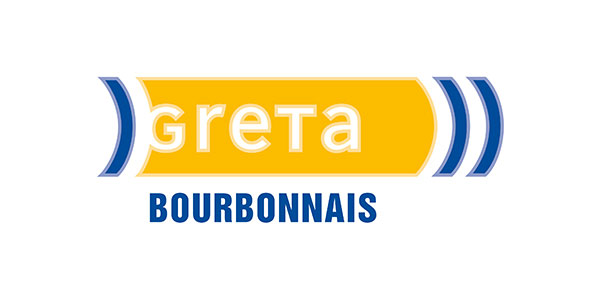
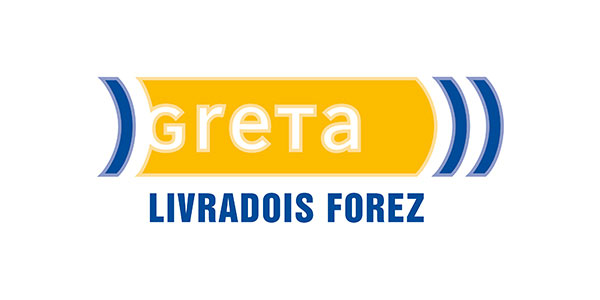
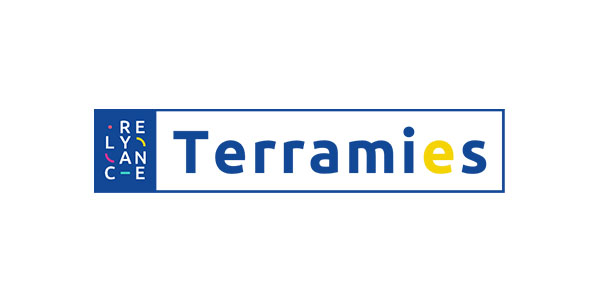
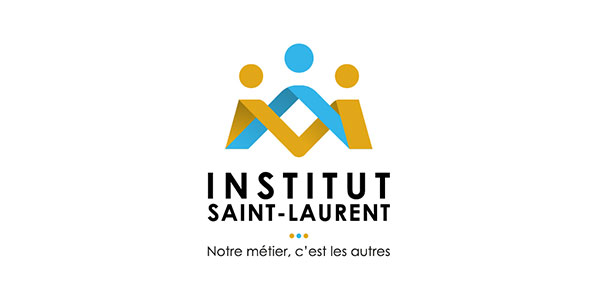
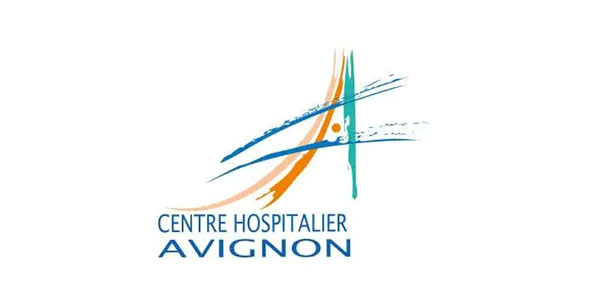
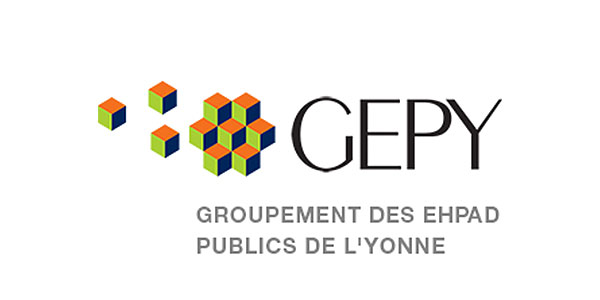
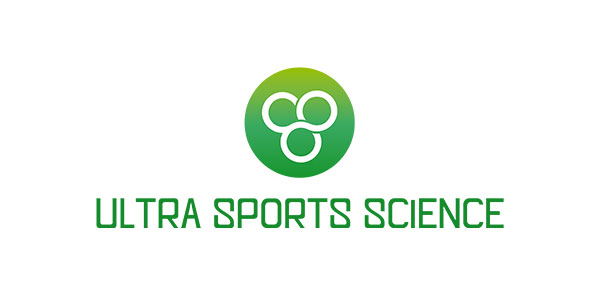
Find over 80 highly specialized training courses dedicated to all pre-hospital emergency practices. SST, MAC SST, AFGSU 1 & 2, specialties in the Medico-social sector...
dokever-formation.com
Our teams welcome you to Lyon in France and
carry out training all over the world
directly in your establishment:

